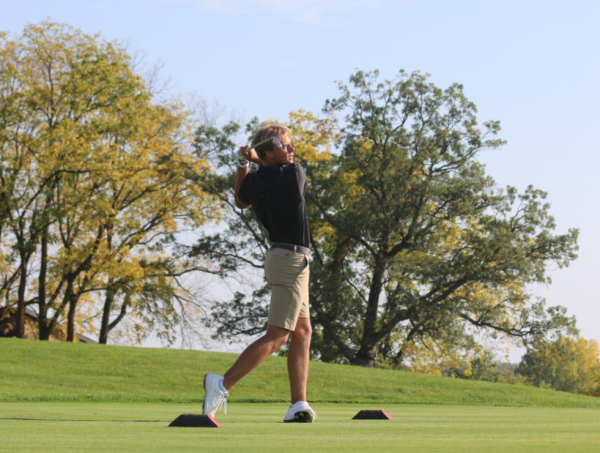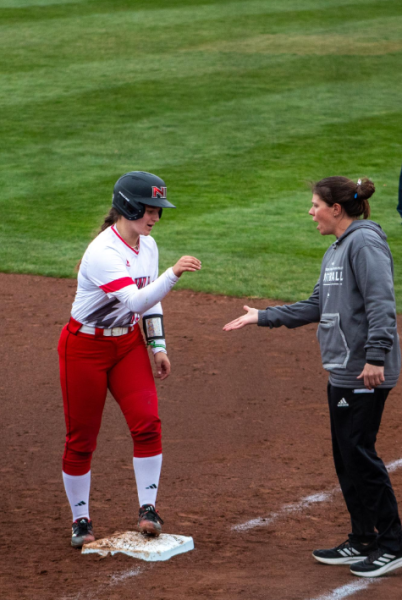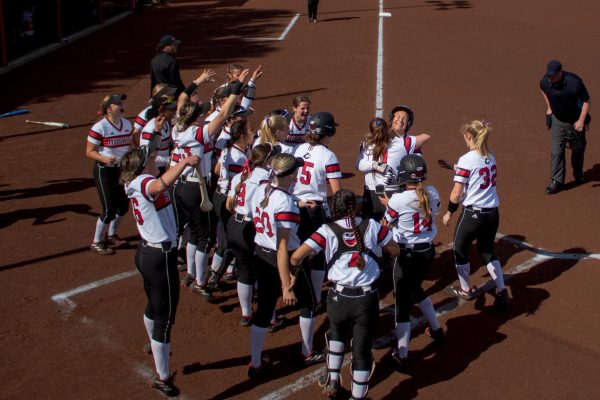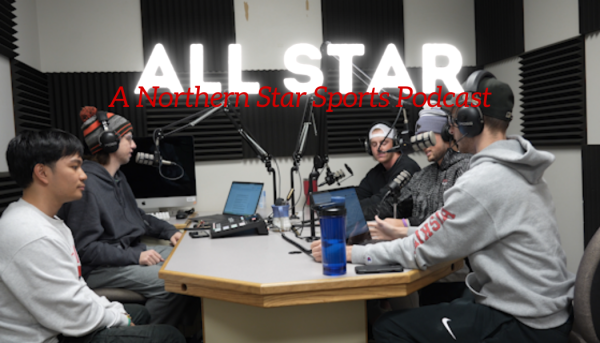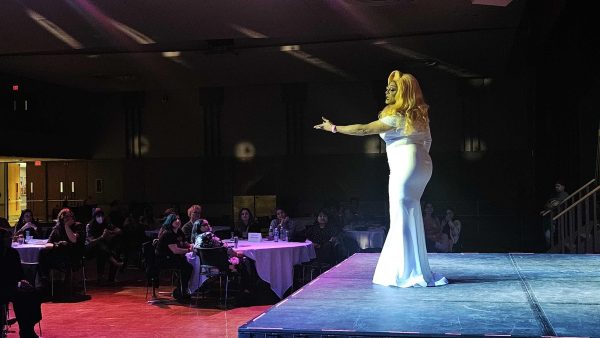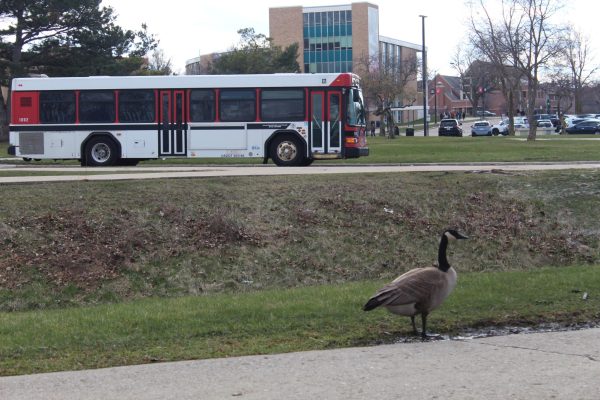Research Rookies explore psychological, social development of people with limb differences
April 3, 2012
Some individuals with limb differences may have problems with psychological and social development depending on the severity of their limb difference, according to the research done by Courtney Halas, freshman clinical laboratory science major.
A “limb difference” can include a missing arm, leg or deformed limb, said Nina Mounts, associate professor in the psychology department.
Mounts is working with Halas on a Research Rookies project which involves examining these limb differences.
“I’ve been working with Courtney every week, sometimes twice a week, helping her develop ideas,” Mounts said.
Halas began her project by analyzing data from a previous study of adolescents who have limb differences. After their preliminary research, Halas and Mounts began working with a local hospital.
“We contacted the parents of the children and they completed questionnaires about their severity,” Mounts said. “Both the parent and the child report and we see whether they are consistent.”
“Psychological and social development” includes the extent to which the adolescent feels depressed or anxious, their friendship quality with others, whether they report higher levels of teasing and difficulties with peers, said Mounts.
The results of the questionnaires will then be compared with the severity of the adolescent’s limb difference.
Mounts said she and Halas are especially interested in the relationship between the severity of the limb difference and their psychological and social development as well as how the adolescents’ limb differences affect them different social contexts.
Halas said she values working with Mounts on their project.
“You get to pick out a mentor and you build this relationship with them that will greatly help you down the line,” Halas said. “You learn about their work and how you can contribute to the world of research.”




